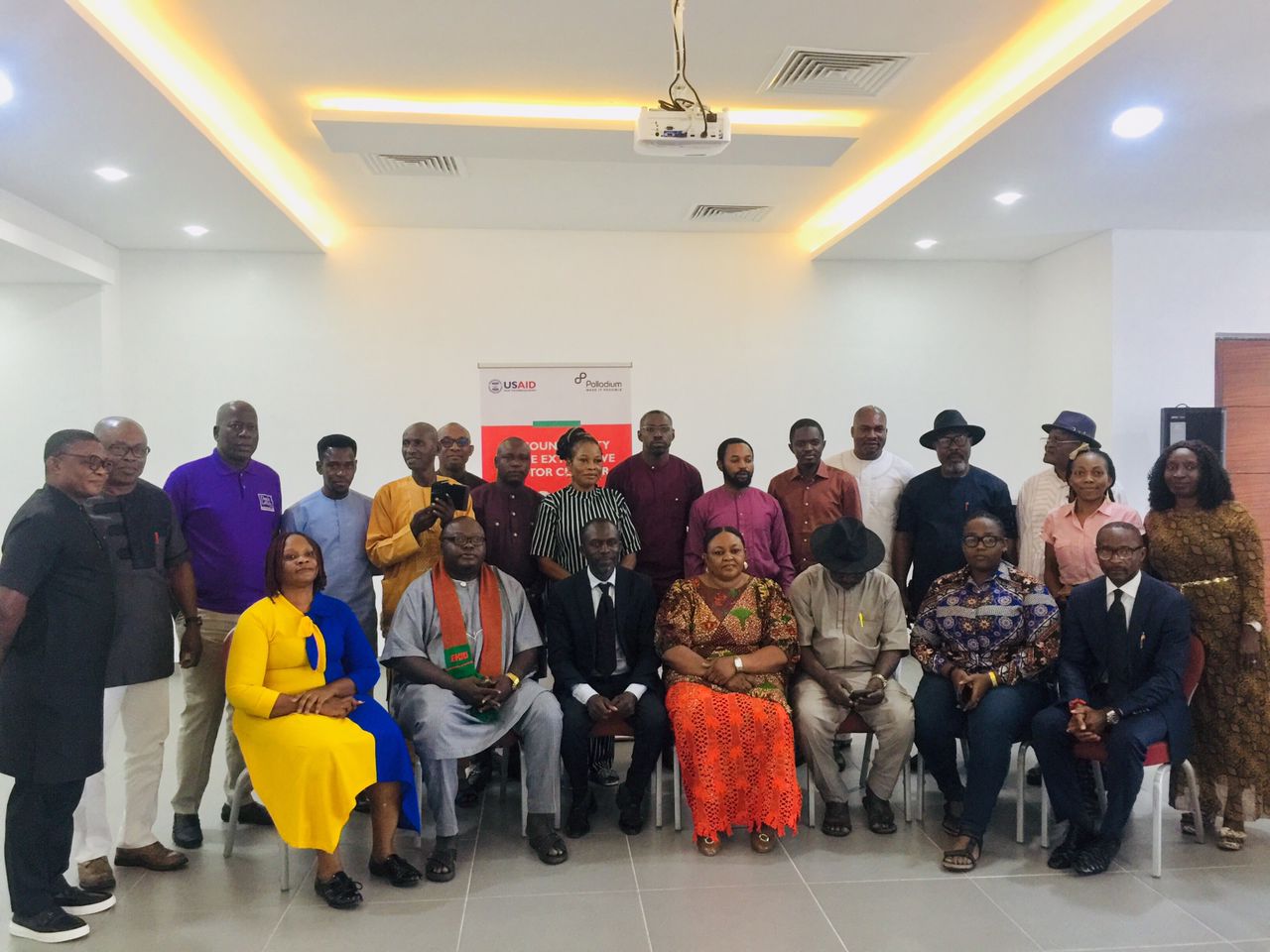Tina Amanda
Oil-host communities have been called on to rise up and take immediate actions to demand their beneficiation accrue to them from the resources extracted in their area under the Petroleum Industry Act (PIA).
Executive Director of the Civil Society Legislative Advocacy Centre (CISLAC), Auwal Ibrahim-Musa, made the call during a consultative forum on the Petroleum Industry Act 2021 Implementation: Stakeholder Rights, Responsibilities, and Progress, organized by the Accountability in Extractive Sector (AES) cluster in Port Harcourt.
He said it is disheartening that after one year and six months, since the industry act was signed into law, some IOCs are yet to implement the PIA development trust fund for host communities.
Ibrahim-Musa, who spoke through the program manager, Chinedu Bassey, blamed the host communities for being ignorant of their three percent (3%) trust fund benefits by allowing the companies to take advantage of them
while urging them to wake up, be proactive, and take responsibility of their rights.
He noted that the PIA empowers Host Communities to approach the Nigerian Upstream Petroleum Regulatory Commission (NUPRC) to order IOCs operating within their domain to do the right thing and comply with the law.
“There are provisions within the law that empower the community to have some levels of beneficiation from the resources extracted from their area by the settlers. What we are seeing is that the people do not understand what this content in the PIA is, they do know the benefit accrues to them, but do not talk about taking actions to activate the benefit within the Law.
“As an organization, we have taken it upon ourselves to simplify some of these issues and put them out for key opinion leaders from oil-host communities to understand the timing and issue. Time has passed, as we all know; even the regulation stated that the host community trustees would be established one year later.
“Till now, there are very few trustees established by the settlors, meaning that the people in the host communities do not know what they should be asking for, from settlors after one year six months down the line. People die as a result of a lack of knowledge; the primary goal is to get them to the point where they will rise up and understand what they should do and how to do it.
“Thankfully, we have success stories of some communities that have gone through the processes by rising up to demand what is rightfully theirs and provided for within the law.
“The law is clear and with an appropriate understanding of what the law says. There is no need for agitation or fighting, what the people need to do is put what is written in the law on the table for everyone to follow suit and agree upon.
“Oil host communities should rise up and use every opportunity to get knowledge, bearing in mind that it is a fleeting resource. Nigeria has made a commitment to energy transmission, and what that means is that in some years to come, even if the oil does not dry up we will stop using it, to stop using it means that the resources accruing from it will not come anymore, so they should make hale while the sun shines”.
The CISLAC Executive Director, on the other hand, explained that the organization has been going around oil-host communities in the Niger Delta, sensitizing them on the importance of claiming their development trust fund under the PIA Act, while noting that they sometimes face financial constraints in reaching out to most communities.
Also, Commissioner of Environment for Rivers State, Barrister Emenike Eke, who was represented by Dr Offe Karebi, said the ministry is ready to synergize with CISLAC and other NGOs to sensitize the oil host communities on what they need to know.
Some host communities representatives drawn from Delta, Akwa Ibom, Rivers State’s, who spoke to our correspondent at the consultative forum, said with the knowledge they have garnered, they will commence the need assessment processes that will benefit the entire communities.
According to them, they will rise and take up their responsibility by writing to settlers in their various communities, and copying the upstream regulatory commission, in order to get the settlers to work and commit to setting up trustees in accordance with the PIA Act.
They lamented that every Oil host community suffers same thing and that there is always a common thing wrong with all the settlers the spirit of sub-changing the Communities.
They urged all oil host communities to stand up and be aware of some of the responsibilities communities themselves have in getting the PIA going, so they can begin to enjoy the benefits.
They also appealed to the organisers to take the PIA sensitization campaign across all oil host communities
The SCALE (Strengthening Civic Advocacy and Local Engagement) project is a USAID-funded five-year project (2021-2025) designed to strengthen the financial, management, and advocacy capacity of CSOs in Nigeria to create a more accountable, transparent, peaceful, and democratic Nigeria with more effective and efficient public service delivery. SCALE is providing technical and financial support to 22 advocacy clusters to advance priority reform issues across diverse sectors.




